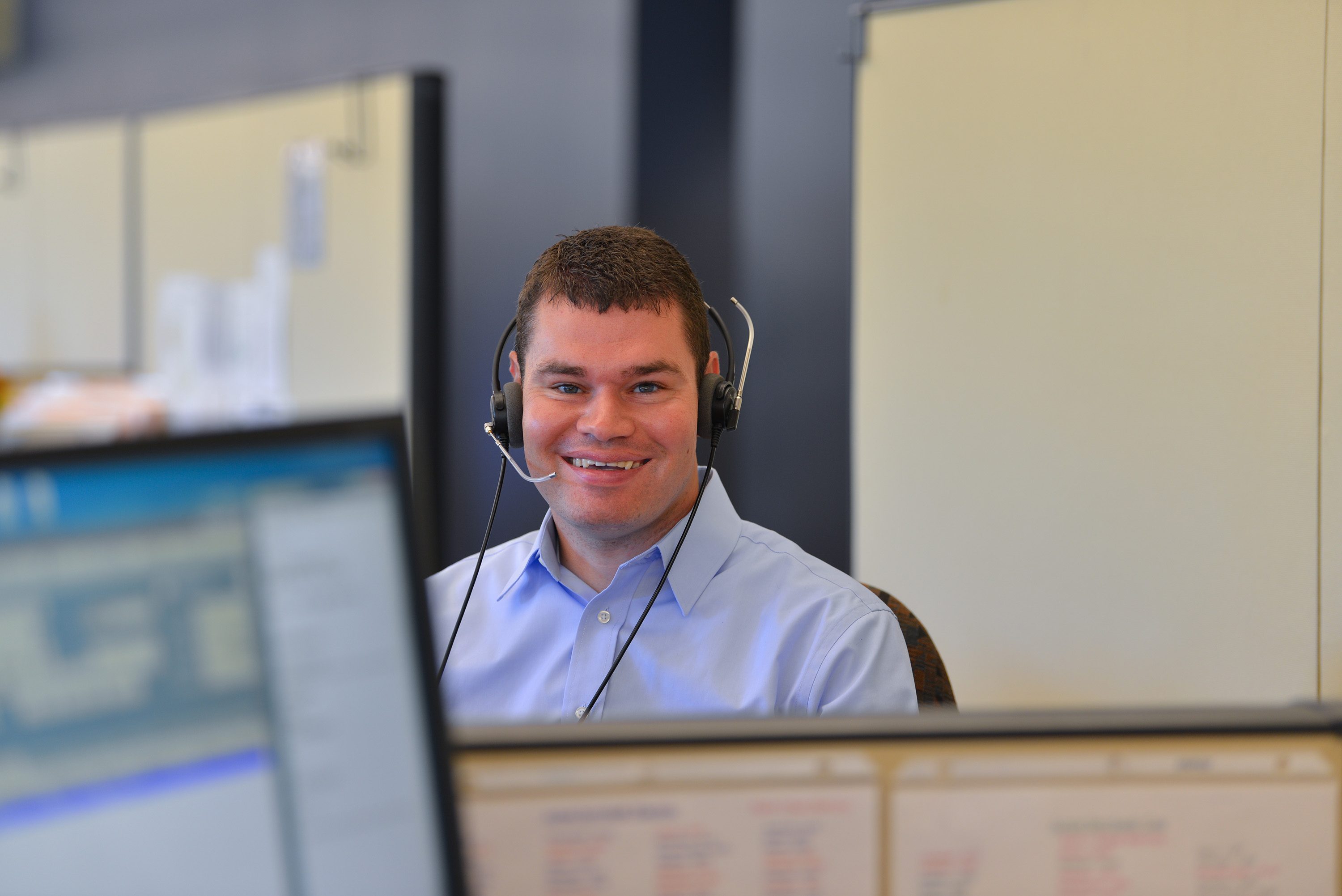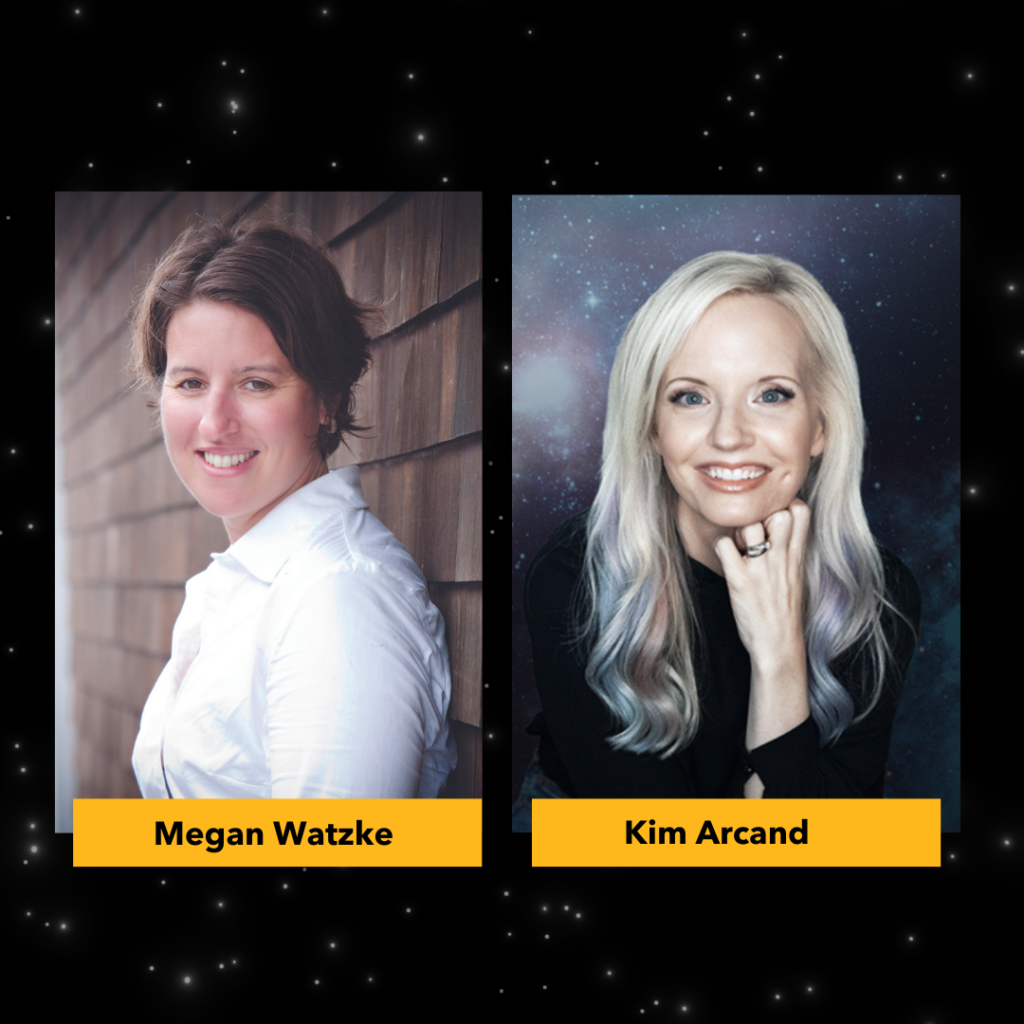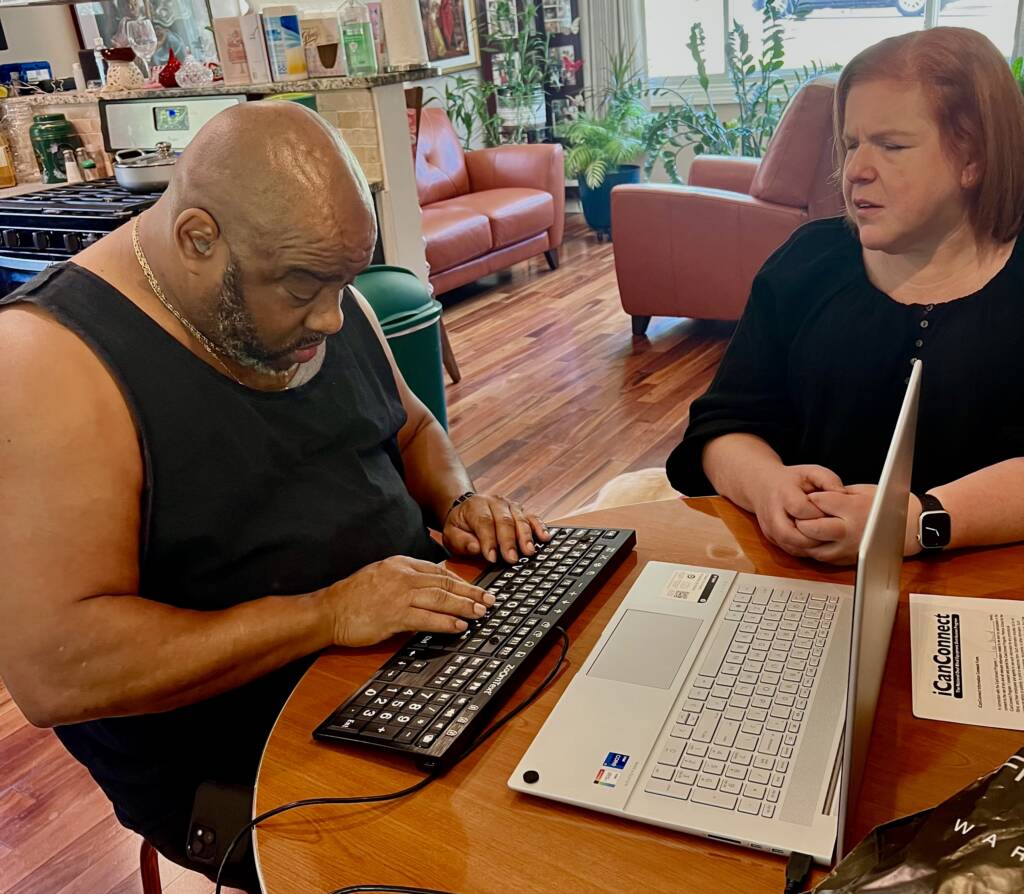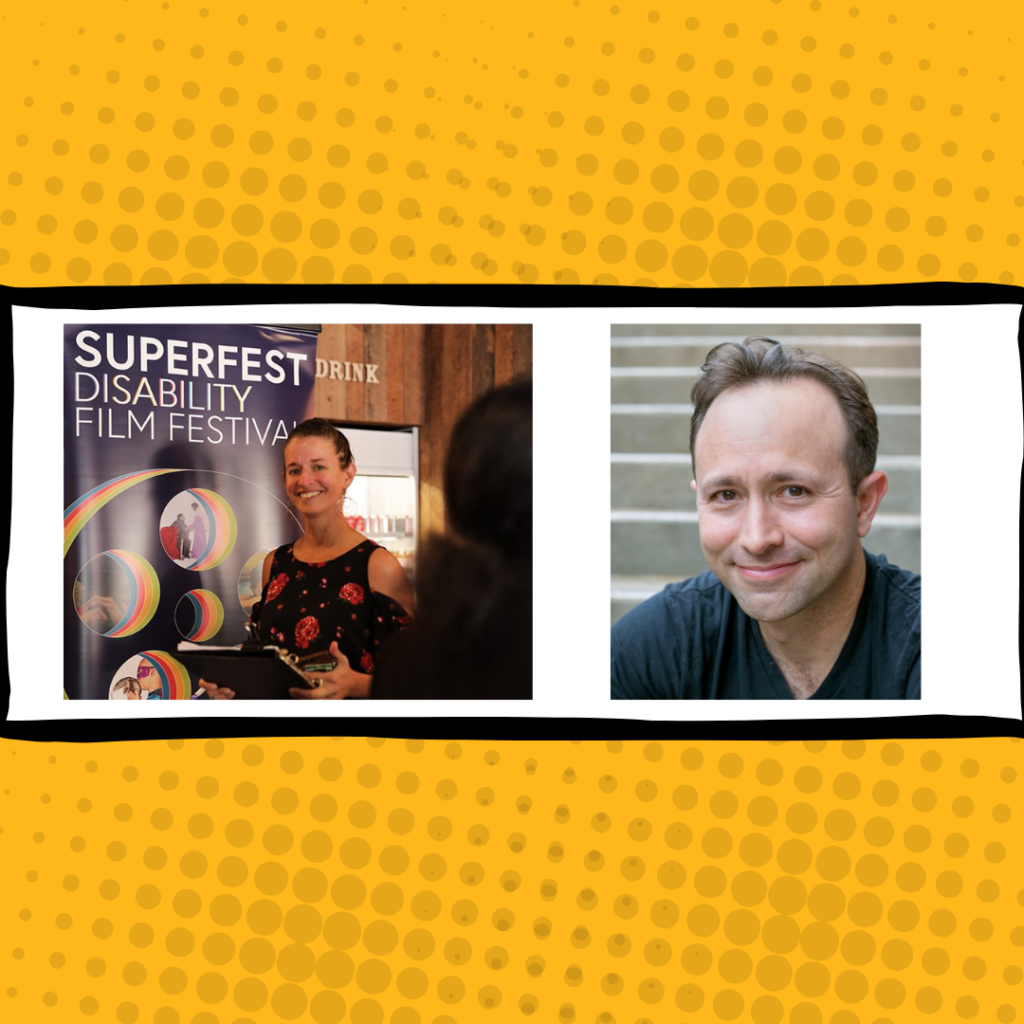Upon graduation from college in 2006, I was faced with finding a full-time job. Fellow graduates were in the same situation; everyone frequently talked about the type of company they thought they wanted to work at, and details about the jobs being considered.
I was also faced with another hurdle to overcome: disclosing blindness to a potential employer.
Research indicates that Americans fear blindness more than any other disability. Therefore, when a hiring manager learns that a candidate is blind, uncertainty, fear and a feeling of trepidation sweep over them. The general public tries to place themselves in the shoes of a person who is blind, and can’t imagine how they would function. Consequently, in far too many cases, the hiring manager does not think the candidate is capable of independently performing the job, and selects another candidate.
I went on over 75 job interviews before landing my current position. Like many of my competitors, I possessed prior summer work experience, and was on the Dean’s List each semester of college. During many phone interviews, the human resource professional said I possessed exemplary communication skills and was the top candidate. However, I rarely told the representative that I was blind. I did not want the hiring manager to have extra time to ponder my blindness or think of numerous questions to ask.
Upon my arrival at the interviews, many human resource professionals were bewildered that I could complete every task listed on my resume without sighted help. I calmly explained my skills and related each answer to the job for which I was being considered. My goal in each interview was to take the emphasis off blindness and remain focused on the position. Eventually, this strategy worked, as I have been successfully employed for over six years.
Although the job search can be daunting and feels emotionally draining, never let a visual disability interfere with excellence. Keep reaching for the stars, and you will find immense success!
Tim Vernon is totally blind, but never allows blindness to interfere with living a fulfilling and productive life. He graduated from Fitchburg State University in Fitchburg, Massachusetts in 2006 with a degree in Professional Communications. Since 2008, he has been employed in the customer service department of a utility company. Each day, he handles approximately 80 phone and e-mail inquiries from customers regarding their bills, and processes emergency calls for power outages or gas odors. In his spare time, he enjoys singing and participating in the Carroll Center’s recreational sailing program.



